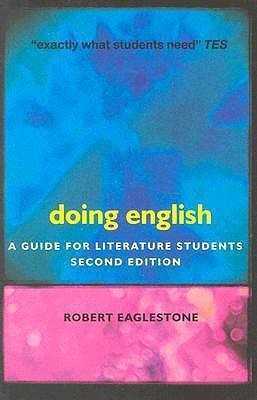What do you think?
Rate this book


184 pages, Paperback
First published September 23, 1999
Literature thinks. Literature is where ideas are investigated, lived out, explored in all their messy complexity… Perhaps… ‘think’ is not the right word: ‘think’ is too limiting a description of the range of what a novel can do with ideas. In any event, the way literature thinks is bound up with what it’s like to be us, to be human. Literature is how we make ourselves intelligible to ourselves. And contemporary fiction matters because it is how we work out who we are now, today.